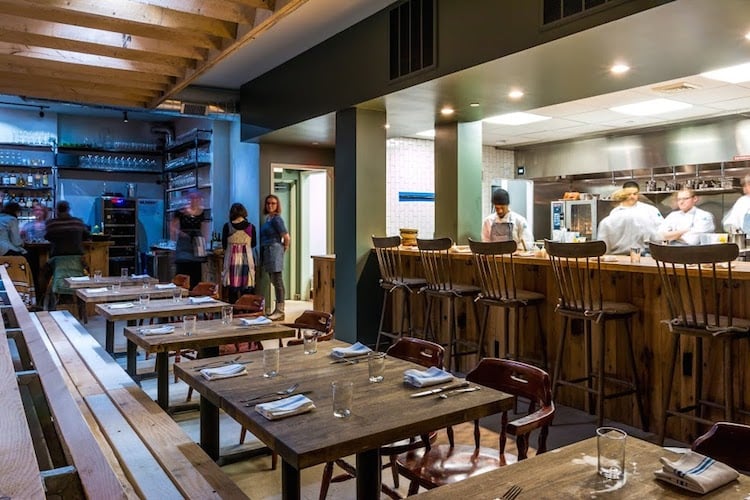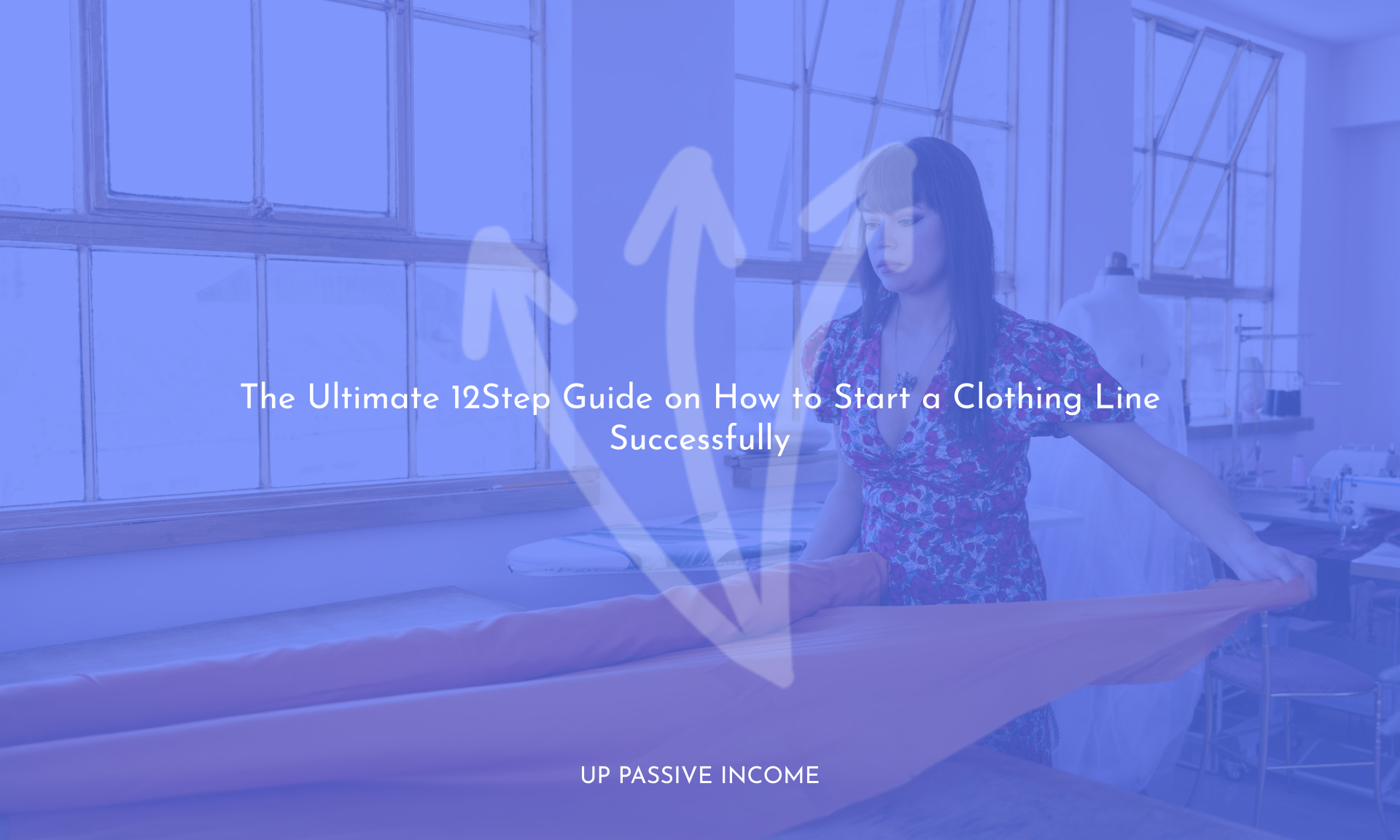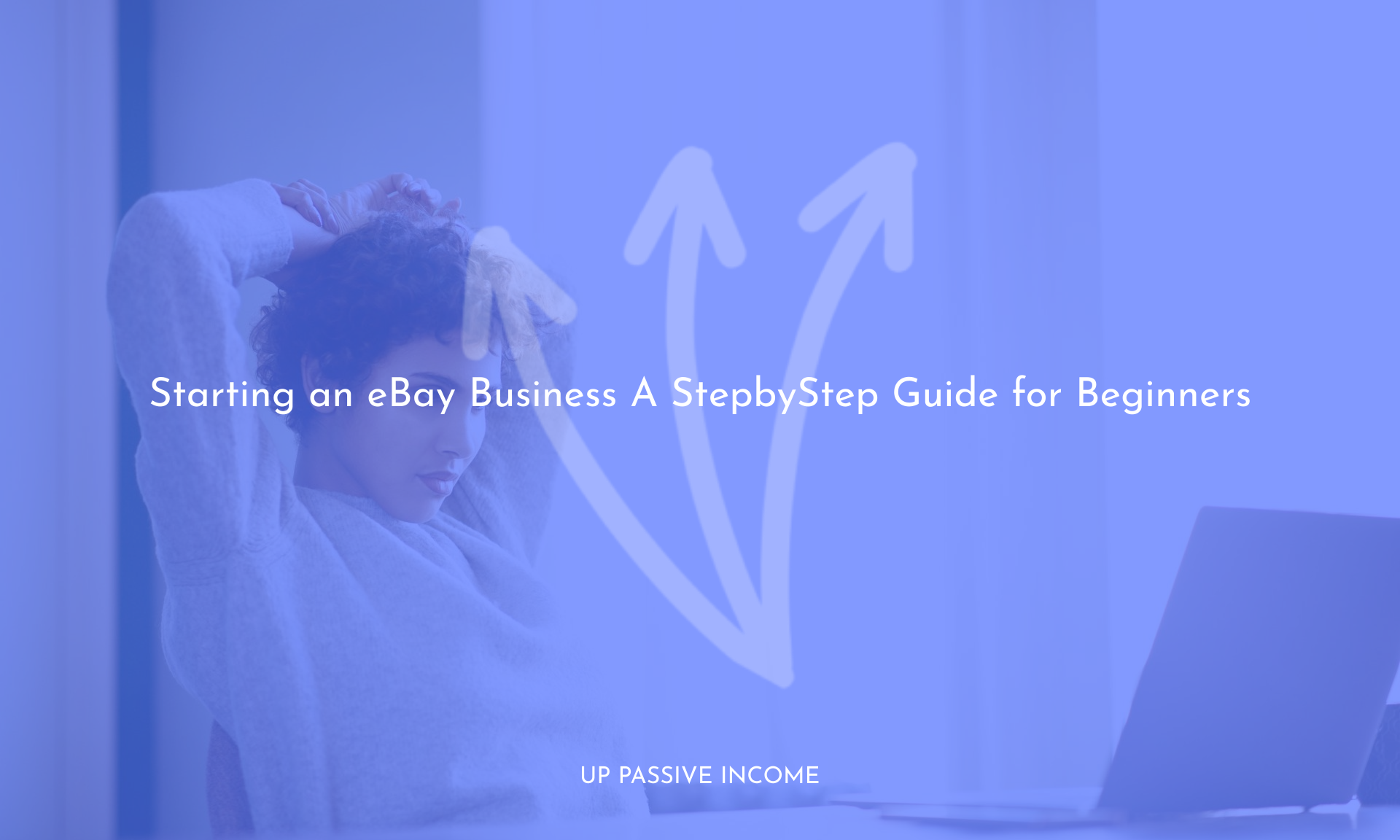Unlocking Funding for Your Restaurant: Insights from Successful Entrepreneurs
Discover proven strategies employed by three successful entrepreneurs on securing the necessary funding to bring their dream restaurants to life. Gain valuable insights and practical lessons to navigate the challenging process of acquiring money for your own restaurant venture. Let these experienced individuals guide you through the intricacies of restaurant funding and pave the way for your own success.
Discover proven strategies employed by three successful entrepreneurs on securing the necessary funding to bring their dream restaurants to life. Gain valuable insights and practical lessons to navigate the challenging process of acquiring money for your own restaurant venture.
Its not easy to get the money you need to open a restaurant these days.
Before the recession hit in 2008, most restaurateurs financed their eateries through the U.S. Small Business Administration or with personal loans from banks. Since then, banks have cut back on small-business loans, says Ed Doherty, co-founder and partner of One Degree, a consulting company that helps restaurateurs and other small-business owners succeed.
This has left some would-be restaurateurs looking for other options to fulfill their dreams, be it borrowing from individuals or crowdfunding.
Others get lucky with alternative funding. For example, one restaurant Doherty helped open — Mercer Café in Philadelphia — received a low-interest loan at only 2.6% from Philadelphias economic development corporation, or PDIC.
Other restaurateurs borrow from friends or family, but that can be an arduous and difficult thing for a relationship, Doherty says. The most common method of funding, he says, is obtaining equity partners, but this can mean giving up a portion of operating profits once the restaurant is profitable.
Even restaurateurs that qualify for a traditional bank loan must deal with a very slow process. I think the fastest SBA loan Ive ever been able to secure for a client took eight months, Doherty says, and that can really screw up your timetable.
Heres how three entrepreneurs obtained funding and what they learned in the process.
Name: Diana Lamon, co-owner
Restaurant and location: Poppy + Rose in Los Angeles
Opened: June 2014
Funding method: We funded the restaurant entirely through the profits of our food truck, Peaches’ Smokehouse & Southern Kitchen, as well as the profits from our business partner’s catering company, Root of All Food.
Why that funding method: We didn’t have investors at the time, and our other concepts were doing well enough that with enough elbow grease and combined talent we believed we could maximize our budget.
Pros: Not having a bank loan to pay back is a great benefit of self-funding.
Cons: The startup period is really rough. Not many people know that we did a lot of the build-out of the restaurant ourselves — we built tables, tiled our counters, even installed our own espresso machine. It was a lot of long hours and labor-intensive work, but the money we saved there allowed us to pay our bills during those initial months, and now — coming up on our one-year anniversary — we’re in a great place.
Lessons learned: I think that self-funding for a small startup is a great one-time experience. I don’t know that I would have changed what we did because there were some really great learnings there. But honestly, we succeeded through sheer grit. Next time, we’d definitely start with more capital and go after additional funding, but I’m glad we learned what we did.
MORE: 9 Unexpected Costs of Opening a Restaurant
MORE: Tabletop Tech Boosts Restaurant Efficiency, Customer Security
Name: Daniel Myers, co-owner (with executive chef Marc Sheehan, wine director Rebecca Theris and David Beller)
Restaurant and location: Loyal Nine in Cambridge, Massachusetts
Opened: March 2015
Funding method: We each set aside a solid amount of savings as we led into pop-ups and supper clubs. … The purpose of these dinners was threefold: Figure out our style for hospitality and cuisine, test out our ideas on the local public and recruit investors.
Both groups recruited investor candidates and gained a bit of public attention. … We joined forces and networks. From there, we realized we needed a space lined up before we could have true conversations with investors. Most investors want a lease in place before committing, and most real estate owners want investors in line before a lease is signed.
Fortunately for us, we were able to find a primary investor almost immediately. We invested our savings to show investors that we were serious about it by putting some skin in the game. We were able to get the last bit from family on a loan basis to retain as much equity as possible.
Why that funding method: We offer a very unique meal here at Loyal Nine. We strongly believe that you have to take major risks to make a mark on the culinary scene. With that said, our minds were set on retaining the majority of equity so that we could take the risks we wanted to in order to stand out among the pack.
Pros: Equity retention. Two years ago, Marc was a line cook. Four months ago, Rebecca and I were restaurant servers. This is a dream nearly everyone in the restaurant industry has.
Cons: Owing people money, limited budget for a startup.
Would you do it again? Yes, definitely. With support from our family, friends and professional networks, we conducted a full build-out on a song compared with other restaurants in our city, even nationwide.
Name: Gary Sussman, owner-founder, and Lorraine Platman, owner-chef-creative officer
Restaurant and location: Sweet Lorraine’s Cafe & Bar (Southfield and Livonia, Michigan) and Sweet Lorraine’s Fabulous Mac n’ Cheez!, a fast-casual chain with locations throughout Michigan (some company owned, some franchised)
Opened: Cafe and bar opened in 1984, fast-casual chain launched in 2010
Funding method: Our own savings. We are now in the process of taking on both investors and franchisees for Sweet Lorraines Fabulous Mac n Cheez. We have also been negotiating institutional funding and exploring some crowdfunding options.
Why that funding method: Have you heard of banks loaning money to startup restaurants? At the time, using our own savings was the only option.
Cons: You have to have enough money in the bank for six months out. If you don’t, you may lose it all!
Learn about small-business loans
Blog has curated financing options to help meet business owners needs. If youre not sure what types of funding and terms make sense for your business, you can use our small-business loans tool to see lenders and their loan products. We gauged lender trustworthiness, market scope and user experience, among other factors, and classified lenders into categories to help you find your best options based on criteria that include your time in business and yearly revenue. See our round-up of the best small-business loans available today for more details.
Photos via Poppy + Rose, Dennis Breyt and Sweet Lorraine’s Fabulous Mac n’ Cheez.

Thanks to Source: https://www.nerdwallet.com/article/small-business/getting-money-open-restaurant-3-entrepreneurs-tell-how
restaurant funding



